Dental Implants
We understand how much a healthy smile means to your confidence and overall well-being. Our dental implant treatments are designed to provide a long-lasting solution for missing teeth, helping you eat, speak, and smile with ease. Whether you have lost a single tooth or require multiple replacements, our experienced dentists combine advanced technology with compassionate care to restore both function and aesthetics. Conveniently located in Sadashivanagar, Bengaluru, we are committed to offering personalized dental implant solutions that look natural, feel comfortable, and give you back the joy of a complete smile.

Ready to restore your smile with confidence?
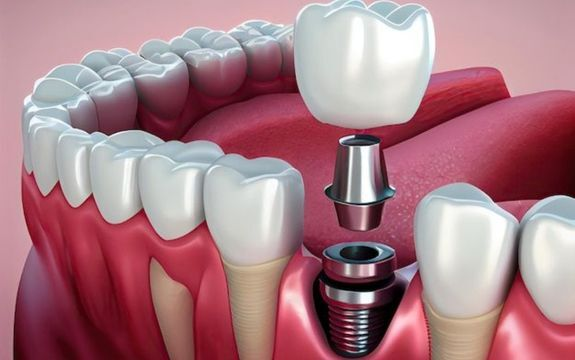
What Are Dental Implants?
A dental implant is a safe and reliable way to replace a missing tooth. Unlike removable dentures or temporary fixes, an implant is placed gently into your jawbone and acts like the root of a natural tooth. On top of this, a crown or artificial tooth is attached, giving you a strong, stable, and natural-looking replacement.
At Summit Dental Clinic, we believe dental implants are more than just a treatment—they are a way to give you back your smile, confidence, and comfort in daily life. Our patients often tell us that implants feel so natural, they forget which tooth is the replacement! Whether it’s one tooth or several, dental implants are designed to look, feel, and function just like real teeth, helping you eat, speak, and smile without worry.
Reasons to Get Dental Implants
- Replace missing teeth with a natural look and feel
- Improve chewing and speaking ability
- Prevent bone loss in the jaw
- Need a full mouth dental implants solution after multiple extractions
- Keep nearby teeth stable and aligned
- Boost self-confidence with a complete smile
- Low-maintenance compared to dentures
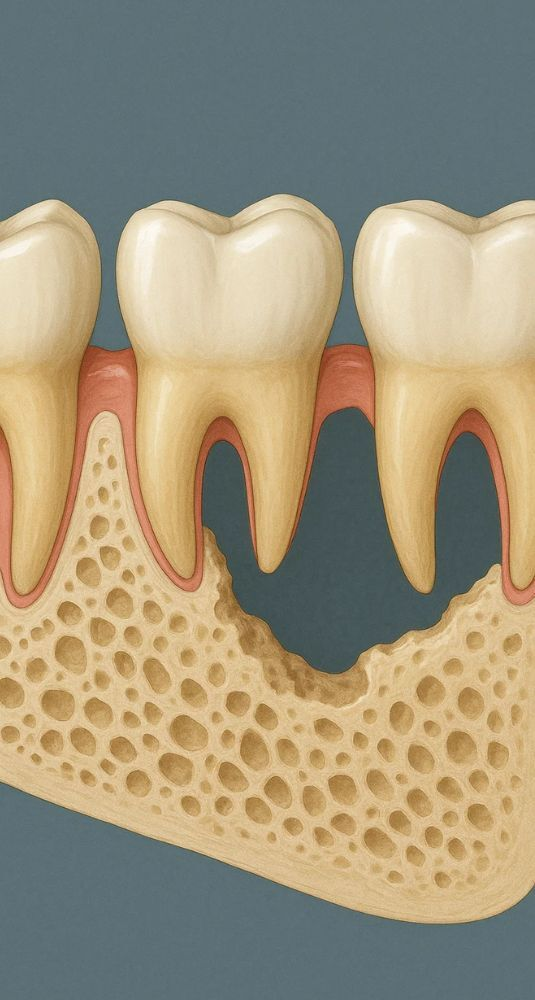
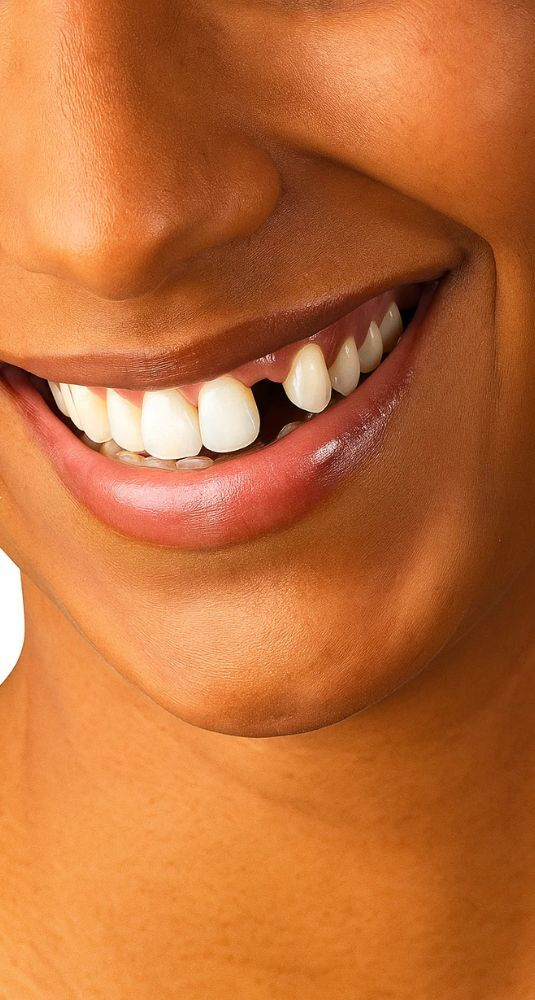
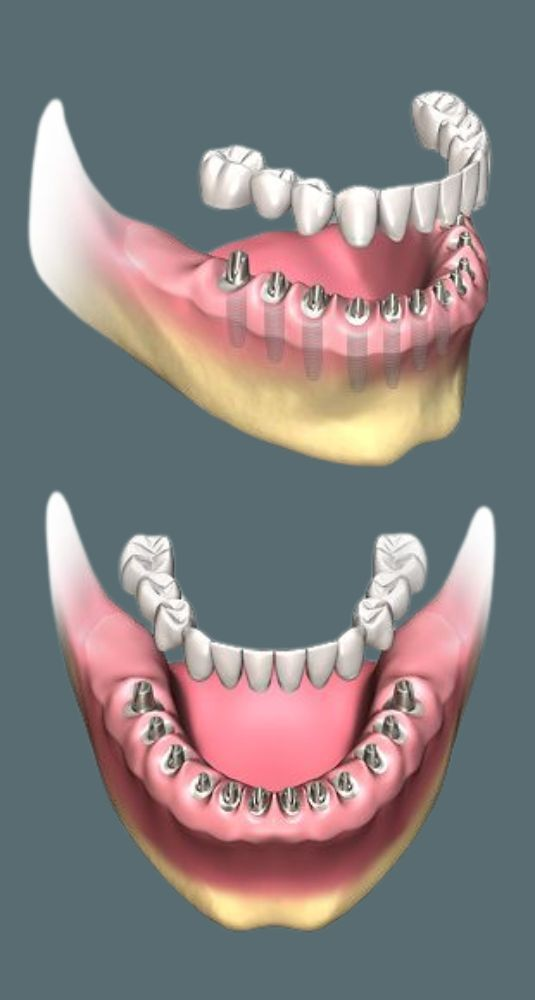
Dental Implant Procedure
Consultation &
Scans
We start with a detailed check-up and digital 3D scans to plan your treatment.
Implant
Placement
A small titanium post (the implant) is gently placed in your jaw under local anesthesia.
Healing & Bonding
Over a few months, the implant naturally fuses with your bone, creating a strong base.

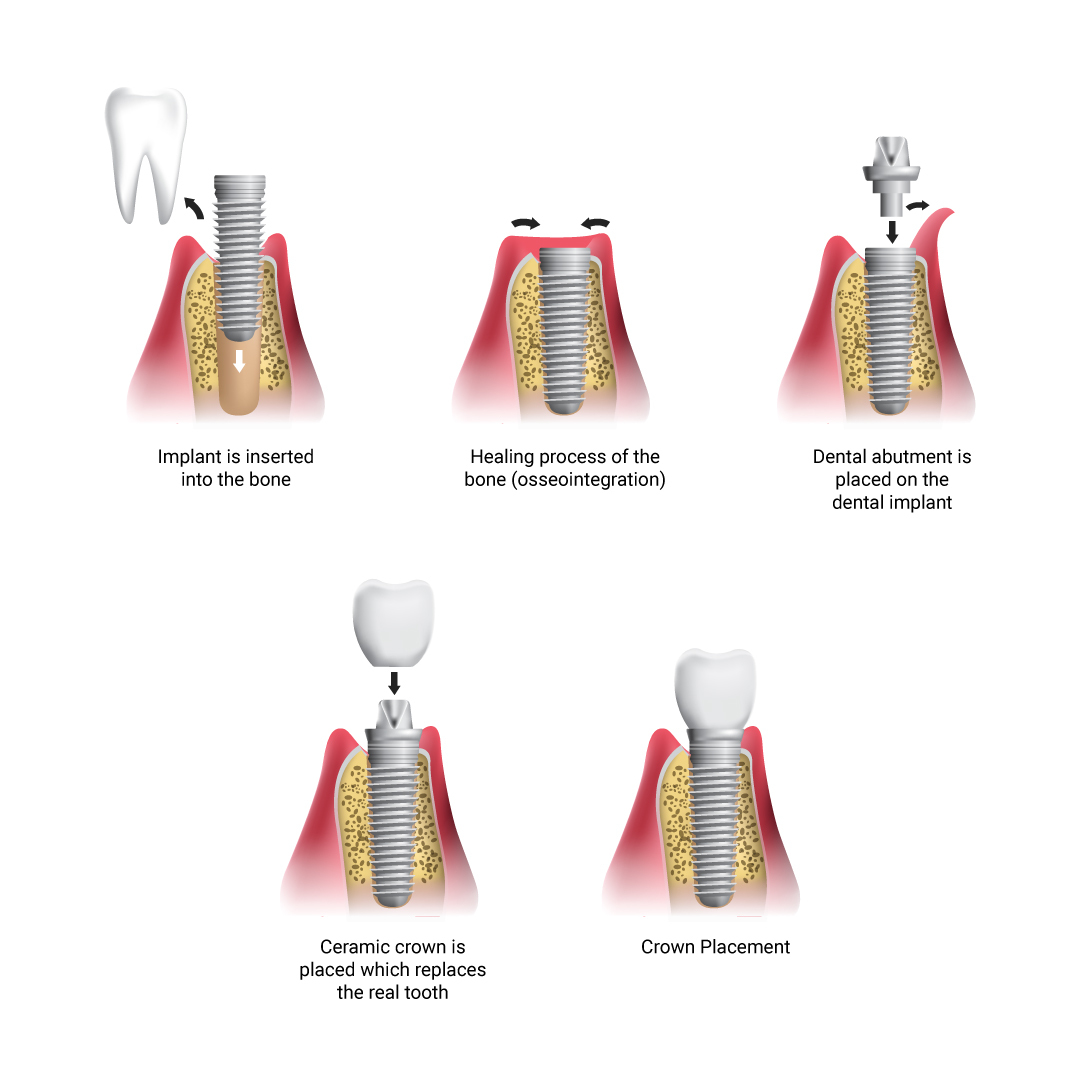
Why Choose Dental Implants at Summit Dental Clinic?
Experienced dentists specializing in dental implants
Advanced digital 3D imaging for precise treatment planning
Comfortable, pain-free procedures with local anesthesia
High-quality, durable implant materials for long-lasting results
Personalized care tailored to each patient’s needs
Warm, patient-first approach to make you feel at ease
Happy Smiles, Happy Patients
Just got my dental implant done in summit. Was very happy with the Surgeon and Dr. Shivani. It was painless and everything was well explained in advance.

Dental Implants:
Your Questions Answered
There are different types of dental implants, including single-tooth implants, implant-supported bridges, and full-mouth dental implants. At Summit Dental Clinic, we recommend the best option for you based on the number of missing teeth, bone condition, and your overall oral health.
No. The dental implant procedure is done under local anesthesia, so it’s painless. Some soreness may occur for a few days, but most patients report little to no discomfort.
With proper care, permanent dental implants can last for decades, often a lifetime.
The advantages of dental implants include durability, natural appearance, and jawbone preservation. Unlike dentures, implants don’t shift — making them a stronger option in the dental bridge vs implant decision.
Yes, dental implants are a very safe and well-established treatment when done by experienced professionals. At Summit Dental Clinic, we use advanced technology, high-quality materials, and strict safety protocols to ensure your implant procedure is both comfortable and reliable.
The dental implant cost depends on the number of teeth replaced, the type of system used, and whether you need a full mouth of dental implants.
While dental implants are one of the most reliable treatments, they may not be suitable for everyone. Some patients may require bone grafting if there isn’t enough bone to support the implant. Implants also take longer to complete compared to bridges or dentures. However, their long-term benefits often outweigh these minor disadvantages.





